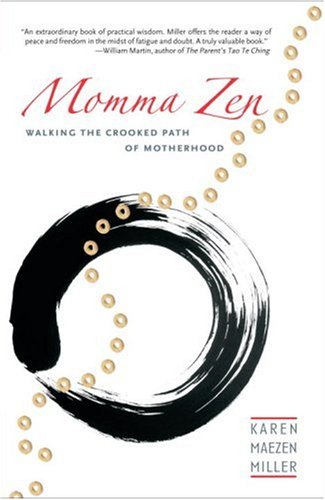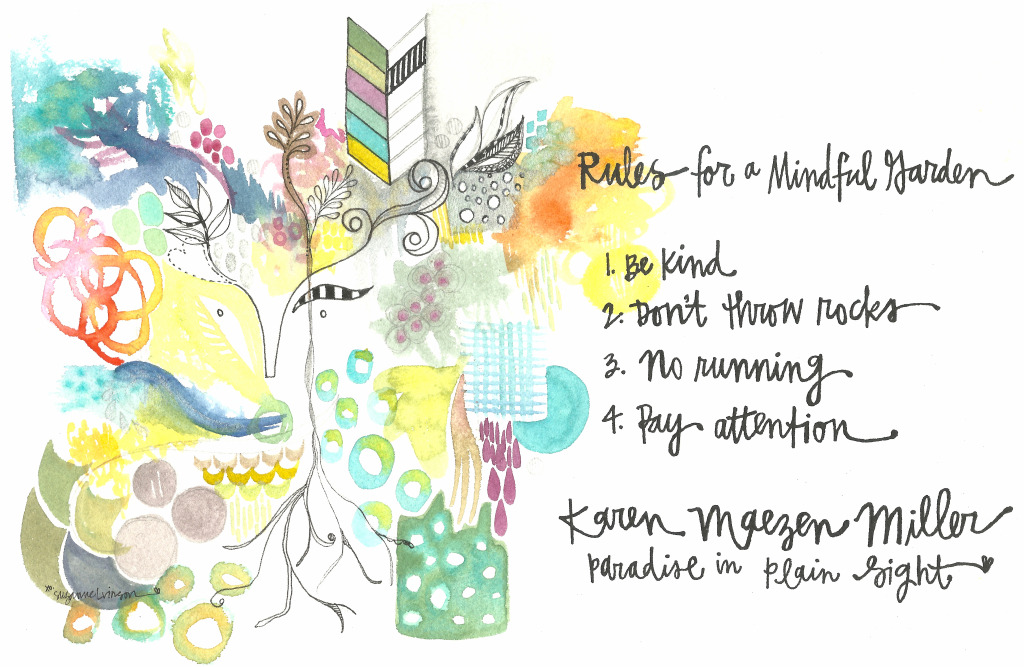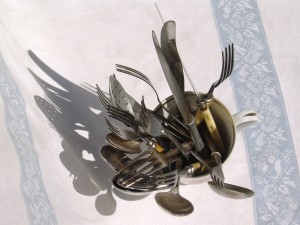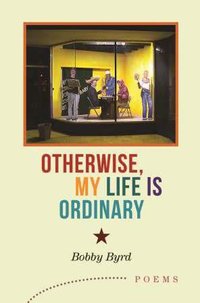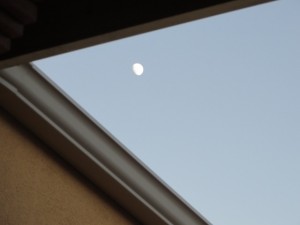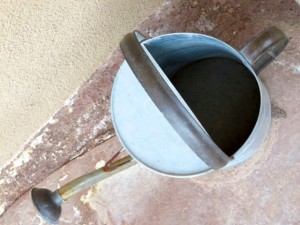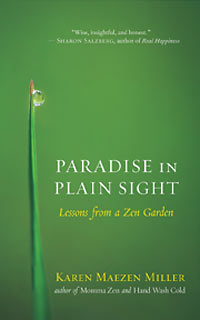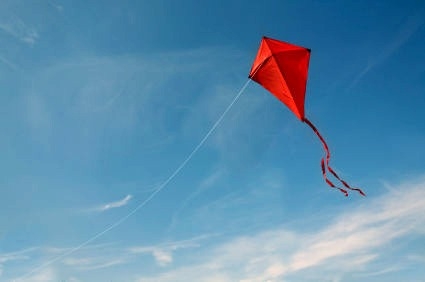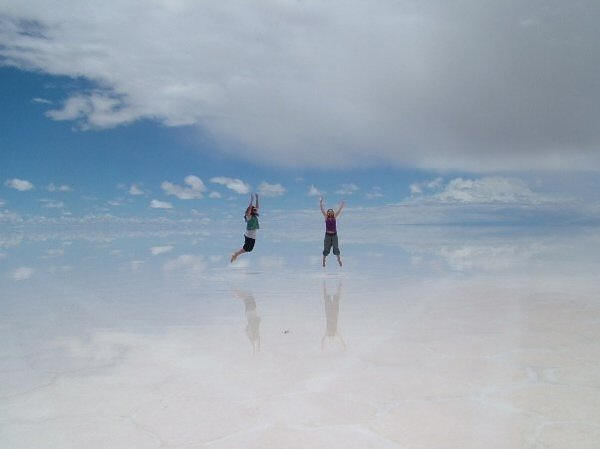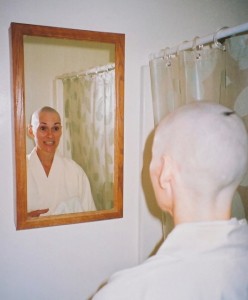 This question has been posed to me a lot lately, in radio interviews and podcasts you can listen to all day long on this page of my website, and in personal conversations. It seems to me that when I answer it, the listener is at least mildly disappointed.
This question has been posed to me a lot lately, in radio interviews and podcasts you can listen to all day long on this page of my website, and in personal conversations. It seems to me that when I answer it, the listener is at least mildly disappointed.
They might expect me to say that I spent five years in theological study. That I’d heard a voice or seen a vision. That as a small child playing with a stick in the dirt outside my family’s mud hut, three strangers approached and told me I was a reincarnated monk. Or that I’d always known deep in my heart that I had been placed on Earth to save the souls of sinners.
The question is laden with expectation, but the answer is not. Because that’s not how you become a Zen Buddhist priest. Zen is entirely one’s own doing, motivated by one’s own aspiration, deepened by one’s own practice of zazen. Ordaining as a priest is simply an expression of personal commitment. In my lineage at least, there are no prerequisites to accomplish and no prescribed pastoral, professional, or organizational tasks to perform. No tests or credentials. I don’t write sermons every week, and I have no congregation. My calendar isn’t booked with couples counseling, parochial education, baptisms, weddings or funerals.
“That sounds kind of laid back,” said the interviewer in one conversation.
“So it isn’t a job,” said another.
“There must be a story behind that,” many have said, and there is. Just not the story you think.
This is the story of how I became a Zen priest. One day I sat down in a place I’d never been before and recognized the scent of something I’d never smelled before: sandalwood incense, burning on an altar. How do you recognize what you’ve never smelled before? Heck if I know. I liked the place, and I stuck around.
Everything came after that: subtle shifts and colossal changes. Denial and avoidance. False certainty. Sudden leaps and setbacks. Vanity, fear, doubt, surrender, and finally, love and devotion. One day I knew what I would do. I would take the vows that would commit myself to the selfless service of others forever.
Is it laid back? It is a matter of life and death.
Is it a job? Never-ending.
Is there a congregation? Everyone and everything I meet.
Is there a story behind it? Not anymore.
Read more about Tokudo, priest ordination, at the Hazy Moon Zen Center.
Watch this short video, “Vows” about monastic discipline in Chinese Buddhism.
Get Maezen’s writing delivered to your inbox.
Subscribe to my newsletter • Come to a retreat • Friend me • Follow me.
 The only difference between a buddha and a sentient being is upside-down thinking – Buddha
The only difference between a buddha and a sentient being is upside-down thinking – Buddha
